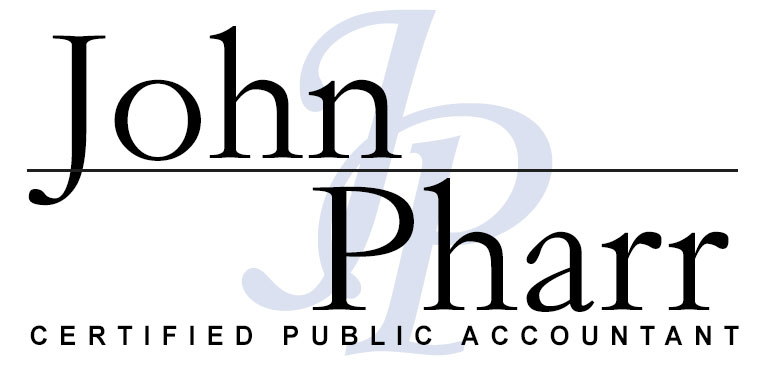Vacation Home Rules for Losses
Generally, if you rent out a vacation home to tenants while you’re not using it personally, you can deduct expenses to offset taxable income from the rental. This includes expenses such as mortgage interest, property taxes, repairs, utilities, insurance, etc. In fact, you may even be able to deduct a loss for the year if expenses exceed income.
Vacation Home Rules:
To qualify, your personal use of the vacation home can’t exceed the greater of
(a) 14 days or
(b) 10 percent of the time the home is rented out
However, under the Passive Activity Loss (PAL) rules, you can only use losses from a rental activity to offset losses from other passive activities, with certain exceptions. Therefore, a loss from short-term rentals of a vacation home may be allowed if the taxpayer “materially participates” in the rental activity.
In fact, material participation requires involvement in the activity on a “regular, continuous, and substantial” basis. The IRS regulations have created several tests for establishing material participation. For example, a taxpayer satisfies one test if he or she spends 500 hours a year on the activity.
Here is a new court case that helped give guidance on some of the rules.
Facts:
In this case, the taxpayer owned a short-term rental property at Sea Ranch in California. The taxpayers main home was several hours away from the rental property. He rented the property to tenants for 146 nonconsecutive days in 2014 and 152 nonconsecutive days in 2015.
In addition, the taxpayer paid a property management company to manage the property’s day-to-day rental operations. The operations include advertising to prospective tenants, collecting deposit fees and rent, maintaining and cleaning the property between stays, landscaping, assisting him in hiring repair subcontractors and responding to tenant comments and complaints. He also retained control over certain administrative decisions such as setting rental rates and approving expenses over $100.
To save money, the taxpayer performed some personal upkeep on the Sea Ranch property. In addition, he drove to it approximately six to nine times each year to landscape, clean and take inventory and make and/or oversee any necessary repairs. Also, in 2015, his wife accompanied him on these trips and helped with the work. They stayed at the Sea Ranch property with family for approximately one week during Christmas each year.
Taxpayers Mistake
Subsequently, the taxpayer claimed losses for the vacation home rentals for the 2014 and 2015 tax years. However, he did not keep any contemporaneous records or documentation indicating the number of hours spent on activities at the Sea Ranch property for the years in issue. Instead, he created a log while being investigated by the IRS, attempting to reconstruct his activities.
In that log, the taxpayer estimated that he spent a total of 267 hours on activities for the Sea Ranch property in 2014 and that the couple spent a total of 273 hours on activities in 2015. The activities included paying bills, buying supplies, performing maintenance and repairs, traveling between Sacramento and Sea Ranch, coordinating with the management company and preparing their tax returns.
Tax outcome:
In Conclusion, the Tax Court was not impressed. It remained skeptical of the records and discounted certain activities such as time driving to the rental property. Moreover, in the view of the Court, the taxpayer’s estimates were exaggerated. In the end, the losses were denied.
Moral of the story:
Above all, it is important to keep detailed and accurate records to prove material participation. Please make sure you keep records throughout the year.
Notes:
Lastly, If you need anymore information, please visit our website or check out additional articles that may help you.




